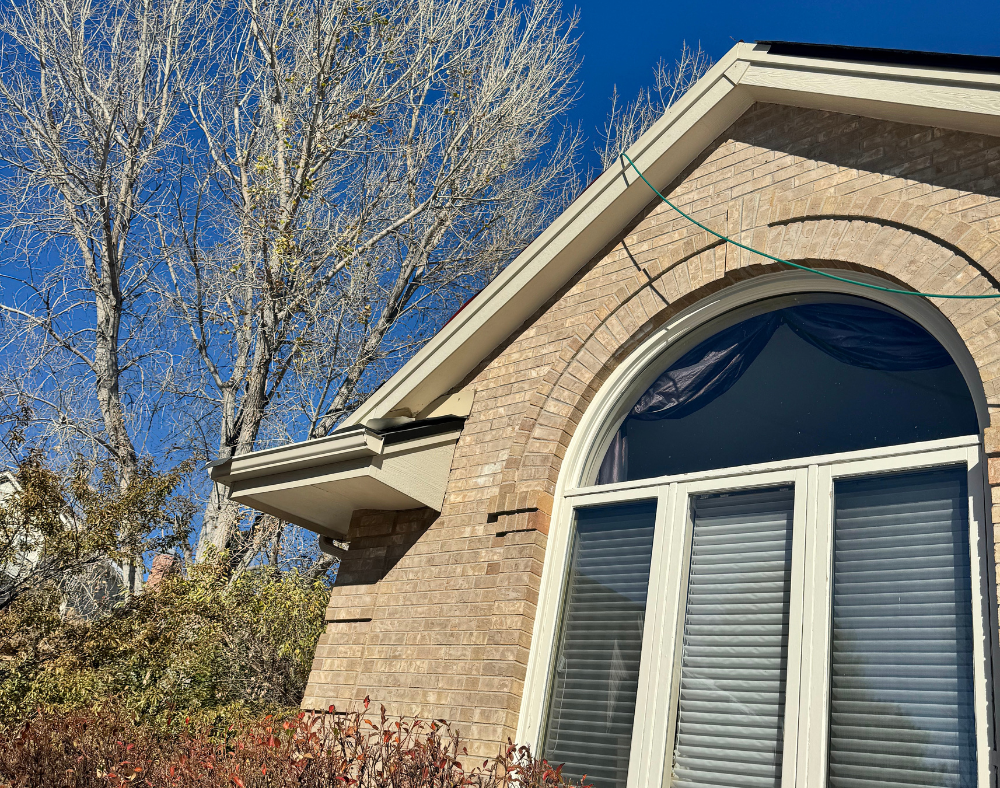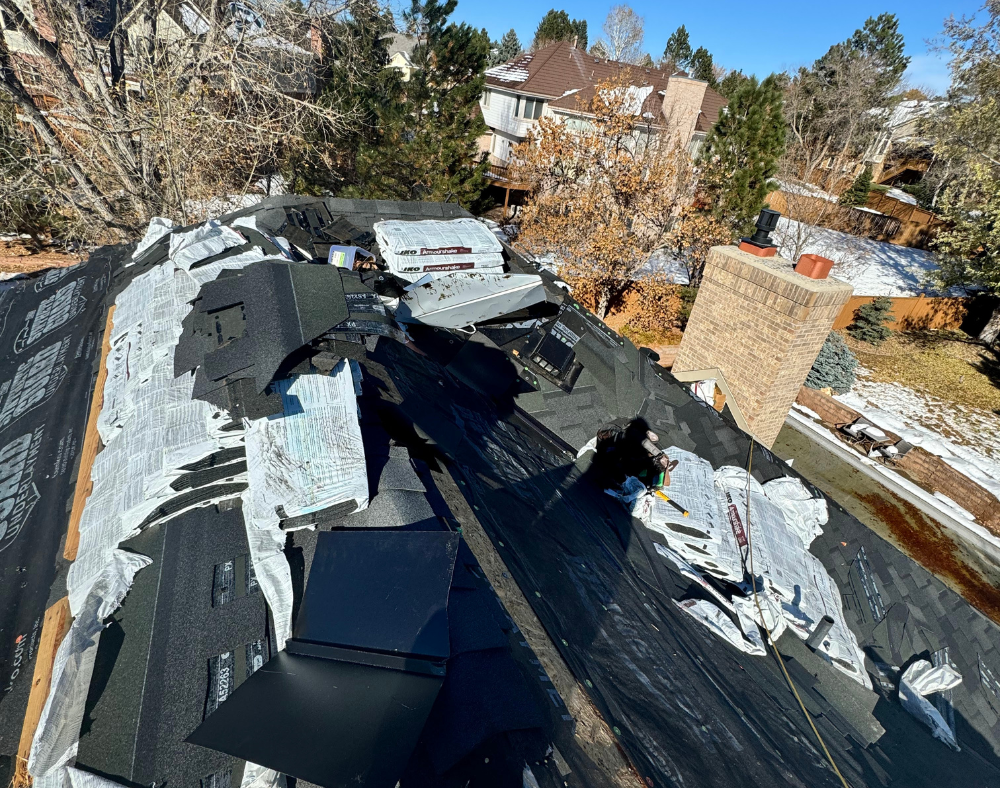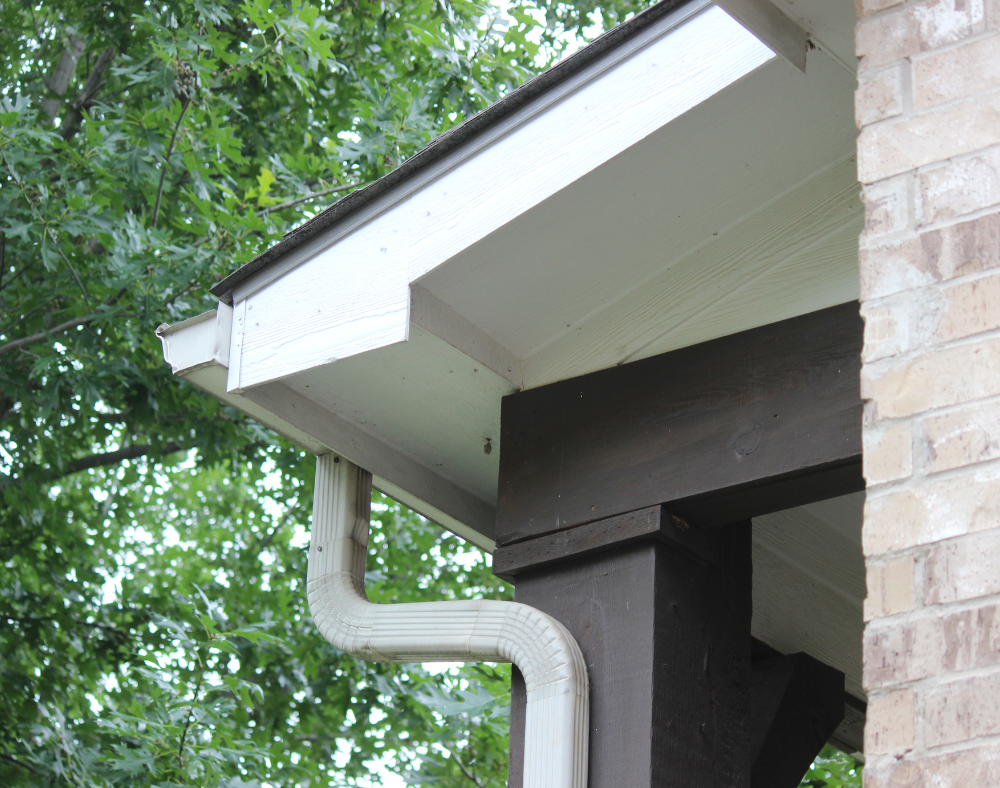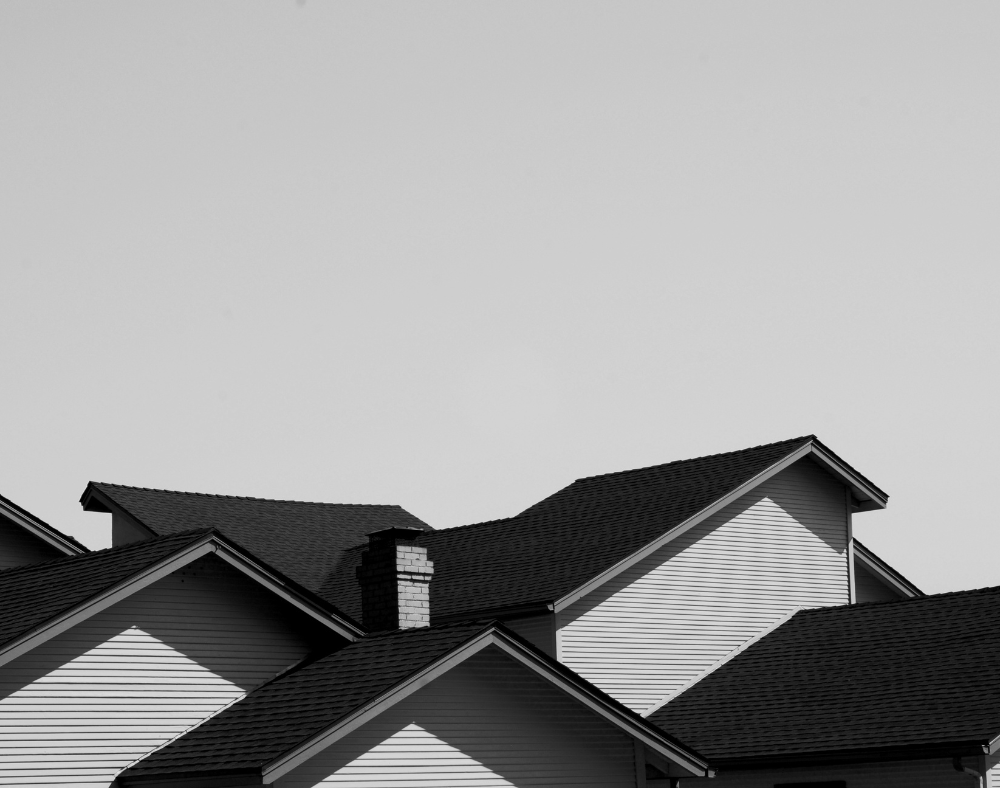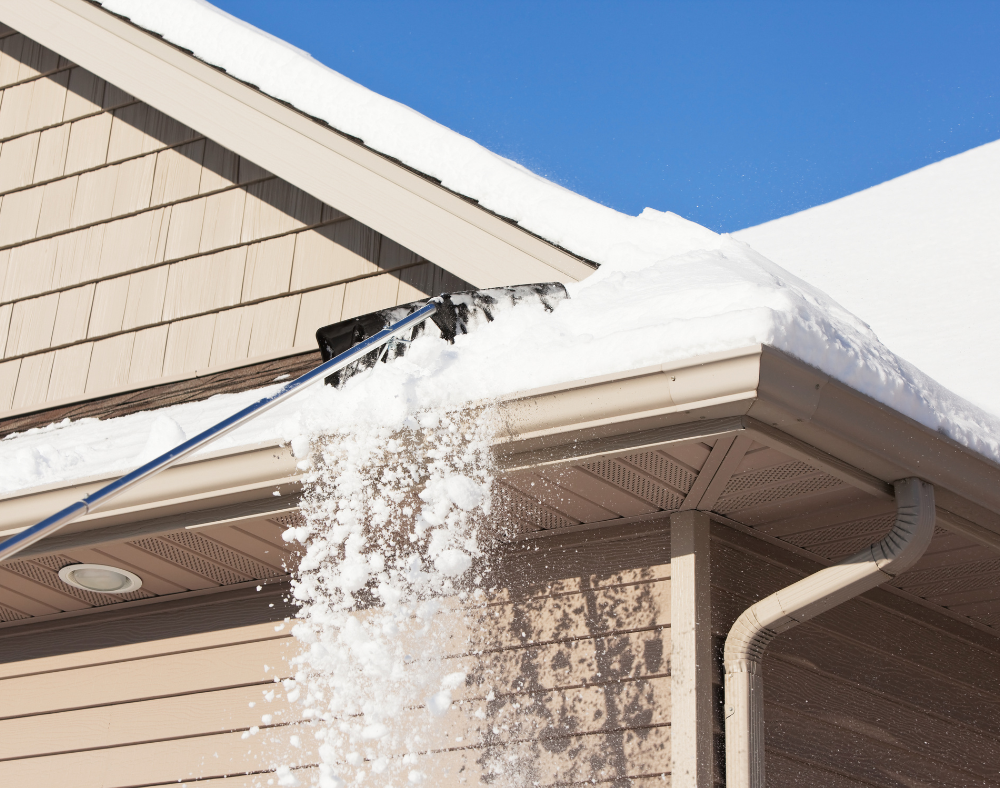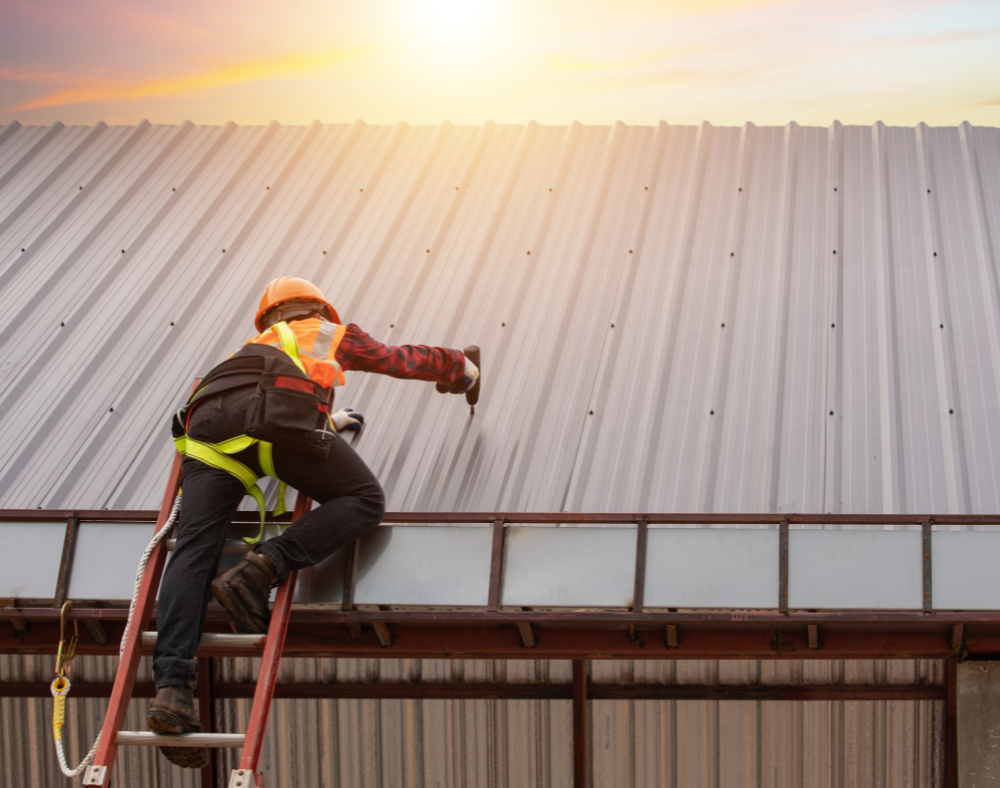30 Important Questions to Ask Before Starting Your Roofing Work
Key Considerations for a Successful Roofing Project

Starting a roofing project is a major investment for homeowners, and it’s important to ask the right questions before committing to any roofing contractor. Whether you’re installing a new roof, repairing leaks, or replacing an old roof, having a clear understanding of the process can save you time, money, and frustration down the road. At Go In Pro Construction, we’ve compiled a list of 30 critical questions to ask your contractor before starting your roofing work to ensure the project runs smoothly and meets your expectations.
1. Are You Licensed and Insured?
Before hiring a roofing contractor, always ask if they have the necessary licenses and insurance to perform roofing work in Denver, CO. Licensed contractors are more likely to follow local building codes, and insurance protects both parties in case of accidents or damages. Learn more about why licensing matters in construction at Angi.
2. Do You Have Experience with This Type of Roofing?
Roofing materials vary, and not all contractors are experienced with every type of roof. Whether you’re considering asphalt shingles, metal roofing, or clay tiles, ensure your contractor has experience working with the material you’ve chosen.
3. What is the Estimated Timeline for the Project?
Get a clear understanding of how long the project will take. Weather delays and material availability can impact the timeline, so it’s important to have a realistic expectation.
4. Can You Provide References or Examples of Past Work?
Any reputable contractor should be willing to provide references or show examples of previous roofing projects. This gives you an opportunity to gauge their quality of work and professionalism.
Find out why references are crucial in roofing projects at
HomeAdvisor.
5. What Are the Roofing Material Options and Their Benefits?
Different materials have different benefits. For instance, metal roofing is durable and energy-efficient, while asphalt shingles are cost-effective and versatile. Ask about the pros and cons of each option to determine the best fit for your home.

6. How Will You Protect My Property During the Roofing Work?
Roofing can be a messy job, with debris and materials scattered around. It’s essential to ask your contractor how they will protect your landscaping, windows, and outdoor areas during the installation.
7. What Is Your Process for Handling Unexpected Issues?
Sometimes, unforeseen issues like damaged decking or rotting wood are uncovered during roofing work. Ask how these situations will be addressed and how they might impact the budget and timeline.
8. How Will You Ensure Proper Ventilation?
Proper ventilation is key to the longevity of your roof. Poor ventilation can lead to heat buildup and moisture, shortening the life of your roofing material. Ensure your contractor understands the importance of roof ventilation.
9. What Type of Warranty Do You Offer?
Roofing warranties typically cover materials and workmanship. Ask for details about the warranty offered, including its duration and what it covers. Explore the importance of roofing warranties at Bob Vila.
10. Will You Obtain the Necessary Permits for the Project?
Most roofing projects in Denver require permits from the local building department. Make sure your contractor is responsible for obtaining any necessary permits before starting work.

11. What Is Your Cleanup Process After the Job Is Completed?
After the roofing work is finished, there’s typically a lot of debris left behind. Ask how your contractor handles cleanup and whether a dumpster or magnetic sweeper will be used to remove nails and other materials from your property.
12. Do You Conduct a Final Inspection After Completion?
A thorough inspection at the end of the project ensures everything is installed properly and that no corners were cut. Make sure this is part of the process.
13. What Are the Payment Terms?
Discuss the payment terms before starting the project. Some contractors require a down payment, while others offer payment plans. Avoid paying the full amount upfront.
14. What Happens if the Weather Delays the Project?
In areas like Denver, weather can impact roofing projects. Ask how weather delays will be handled and whether they will affect the overall timeline and cost.
15. Will You Remove My Old Roof?
Some contractors opt to install a new roof over an existing one, but this isn’t always the best option. Ask whether your old roof will be removed before installation of the new one. Learn more about roof replacement vs. overlay at The Spruce.

16. Do You Have Liability and Workers’ Compensation Insurance?
Having insurance is crucial to protect you from liability in case a worker is injured on your property. Always verify that your contractor has both types of insurance.
17. How Will You Address Potential Water Damage or Mold?
Roof leaks can sometimes lead to water damage or mold in the attic or walls. Ask how your contractor plans to handle any potential water damage that may be discovered during the project.
18. What Are the Signs My Roof Needs Repair or Replacement?
Understanding the signs of roof damage, such as missing shingles, leaks, or sagging, can help you know when it’s time for repairs or replacement. Your contractor should be able to help you identify these signs.
19. How Do You Handle Roofing Safety?
Roofing is inherently dangerous work. Ask about the safety protocols your contractor follows to ensure the safety of both their team and your property.
20. Can You Provide a Written Estimate?
Before starting the project, ask for a written estimate detailing the cost of materials, labor, and any potential additional charges. This helps prevent surprises down the line.
21. What Are Your Cleanup Procedures During the Project?
Roofing work can produce a lot of debris. Ask your contractor how they plan to keep the worksite clean throughout the project, not just at the end.
22. Do You Offer Financing Options?
If roofing repairs or replacement are not in your immediate budget, ask whether the contractor offers financing options to help spread out the cost.
23. How Will You Communicate With Me During the Project?
Establish how you will receive updates on the progress of the work. Whether through daily reports, email, or phone calls, communication is key to staying informed throughout the project.

24. What Happens if I Am Unsatisfied with the Work?
If issues arise after the job is completed, you’ll want to know the process for addressing them. Ask your contractor about their approach to resolving customer complaints or unsatisfactory work. Check out more about customer service expectations at Better Business Bureau.
25. How Will You Handle Damage to Gutters or Other Exterior Features?
During roofing work, gutters or exterior features like windows can sometimes be damaged. Ask how your contractor plans to protect or repair these features if necessary.
26. How Will You Ensure My Home is Energy-Efficient?
A new roof can improve your home’s energy efficiency, but only if it’s installed properly. Discuss how the roofing materials and methods used can contribute to lower energy bills.
27. Will You Provide a Detailed Contract?
Before any work begins, you should receive a detailed contract outlining the scope of work, payment terms, materials, and any other project specifics.
28. Do You Offer Maintenance Services?
After your new roof is installed, it’s important to maintain it. Ask whether your contractor offers ongoing maintenance services to prolong the life of your roof.
29. Can I Customize the Look of My Roof?
Depending on the material you choose, you may have options for color, texture, and style. Discuss these customization options to ensure your roof complements the overall look of your home.
30. What Are the Most Common Roofing Problems in Denver?
Different areas have different challenges. Ask your contractor about the most common roofing issues specific to the Denver region, such as hail damage or heavy snow, and how they plan to mitigate them. For more insights into regional roofing challenges, check out Roofing Contractor.


